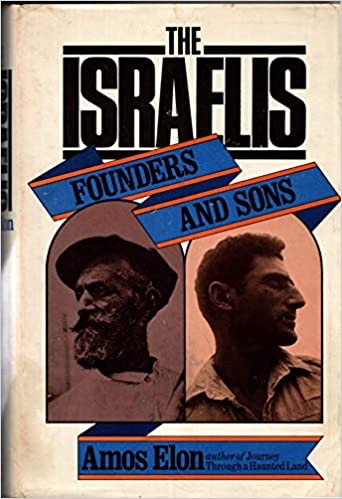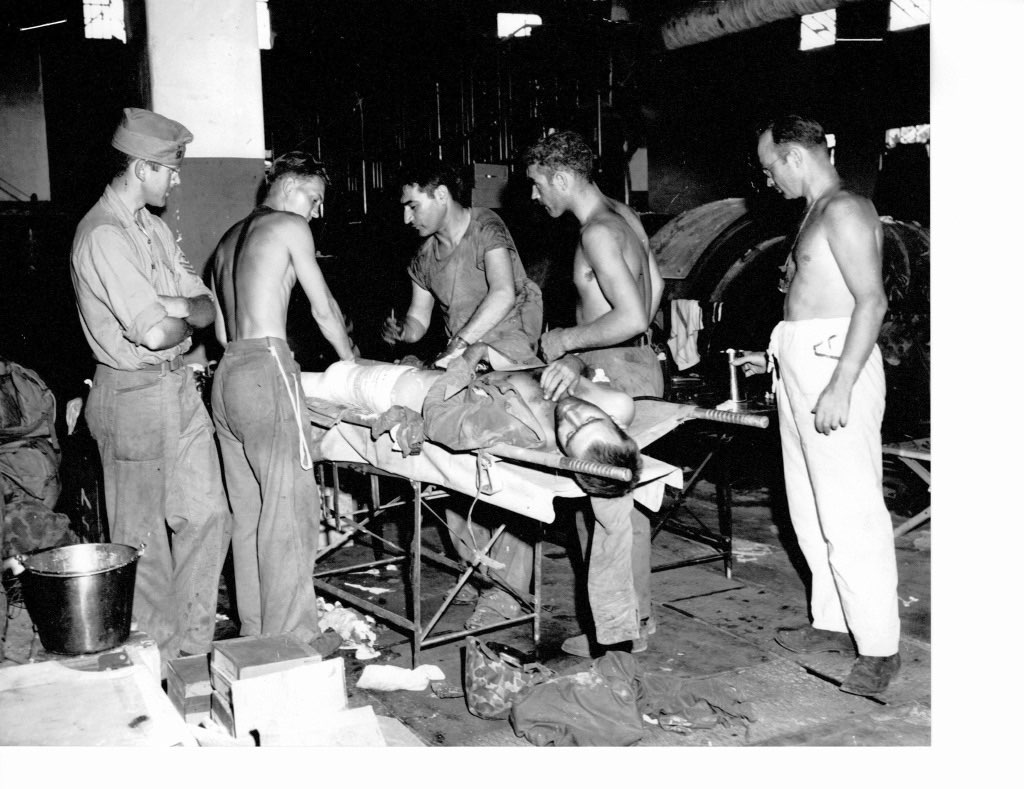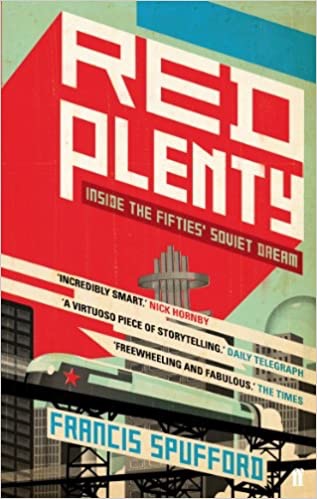I wrote to console a colleague who lost his job this week. He asked, “Are you doing OK, too?” I sent an honest reply; he says it should be a blog post.
Yes, for most public-facing values of OK. I’m fine working from home. I’m cooking a lot. This week the code has been garbage, but I’m distracted and breaking in a new Catalina machine. The code will come.
But not being able to help is driving me nuts.
When I was a kid, I had a running argument with my uncle Fred. Also with my Dad, but fathers are complicated so let’s stick with Fred. Here’s Fred on Saipan (center):
The Fred I knew was a crusty, gruff old surgeon who was not shy of laying down the law, and his chief law was that anyone who could be a physician ought to be one. My family was very medical: my grandparents, physician and nurse, met on an Indian reservation where they were working in the early 20s; uncles Fred and Li and Mike and Tom were doctors, my dad was a doctor, aunt Hazel was a nurse.
No one in my generation went to medical school.
I never really regretted that. But I have spent a career building tools for research, tools to help people make sense of a crisis and to make the right decisions. I thought it was significant work, more rigorous than medicine, more elegant, and with broader reach.
It was all a mistake: people don’t want a better handle on the data, they just want to win the next election.
Even so, I could be doing something slightly useful. I have some hardware chops — not good enough for design anymore, but plenty for assembly. I know my way around a machine shop — old-style, not CNC, but then again I could adapt pretty damn fast because some of my grad school work laid foundations for programming these things. I could assemble ventilators from a kit or on an assembly line. I could do QA or train new assembly techs. I could write briefing papers and backgrounders. I could recruit a small army of engineers and technicians.
Hell: for the next eight weeks, all medicine is going to be one disease. I could be a highly-specialized nurse in — what — 80 hrs of training? So one week. Not ideal, not desirable, and (since I’m 64) risky, but we’re going to have a lot of dead physicians and nurses to replace by early May. As far as I know, nobody’s training the stopgaps. That’s the way you drive the case fatality rate from 1.3% to 7%: ask Bergamo.
But I can’t. The local politicians here are in charge of everything real, they hoard information, and they’re doing absolutely nothing. Nothing! I’m not even sure they understand the catastrophe that’s almost surely coming; I send them the papers but it does no good.
And, as you see, it’s making me a little nuts.



